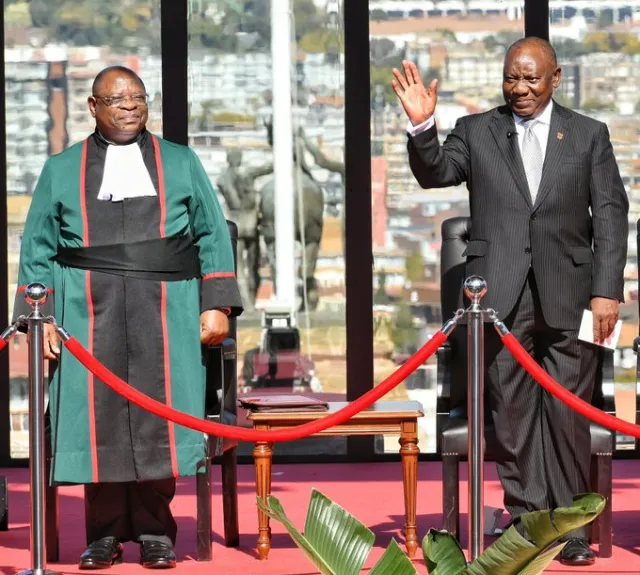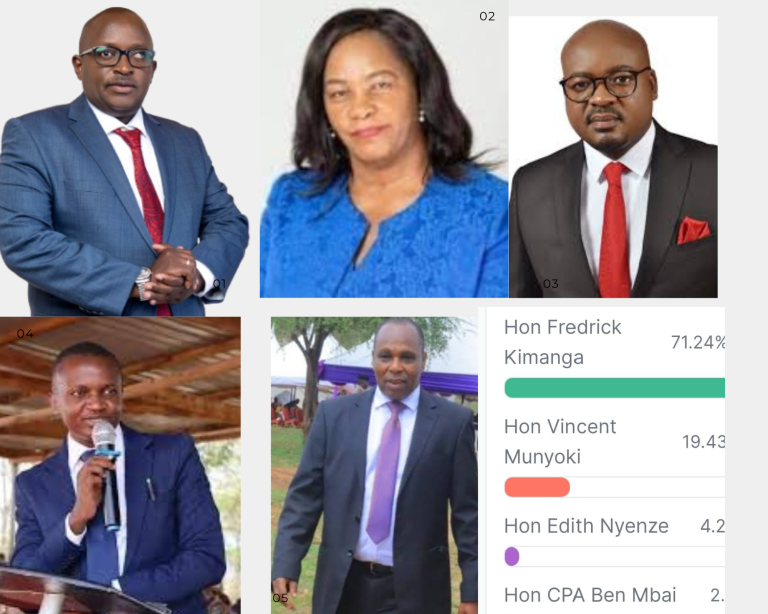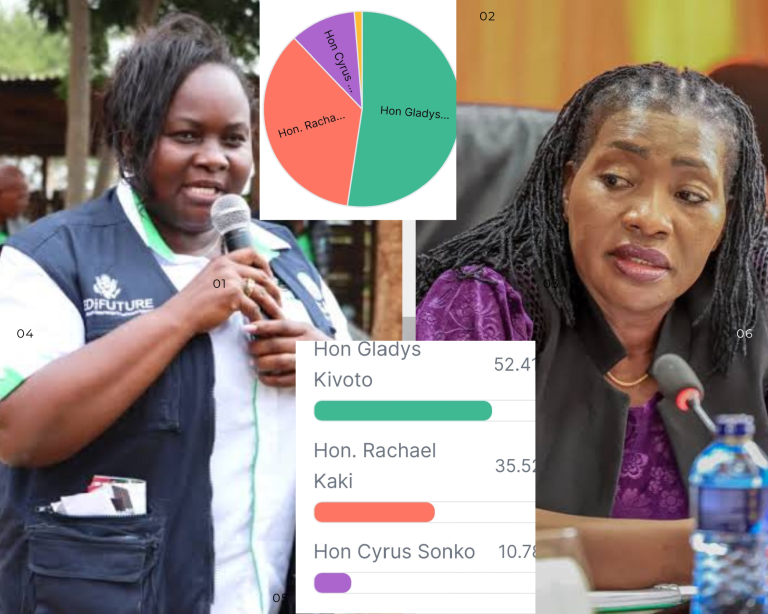
By Veronicah Stellah
President Cyril Ramaphosa of South Africa has announced the formation of a new coalition government following the African National Congress (ANC) party’s loss of its parliamentary majority in the May elections.
In a televised address, Ramaphosa declared, “The government of national unity… is unprecedented in the history of our democracy.”
The new cabinet composition sees the ANC holding 20 of the 32 ministerial positions, while the Democratic Alliance (DA), previously the main opposition party, secures six portfolios. The remaining positions are distributed among smaller parties.
The ANC’s diminished support in the recent elections highlighted public dissatisfaction with the party’s performance in providing basic services and addressing issues like unemployment, poverty, and corruption.
The ANC, led by Nelson Mandela, ended white-minority rule in 1994, marking a significant milestone in South Africa’s history. In the newly formed cabinet, the ANC retains control over crucial ministries such as defense, finance, and foreign affairs.
The DA, now a key player in the government, will manage portfolios including home affairs and public works. John Steenhuisen, the DA leader, will head the agriculture ministry.
Ramaphosa emphasized the coalition’s commitment to “rapid, inclusive, and sustainable economic growth and the creation of a more just society.”
The ANC praised the coalition as “an important step forward and a testament to the resilience of our democracy.” Similarly, the DA expressed pride in joining the national government, pledging “good governance, zero tolerance for corruption, and pragmatic policy-making.”
Despite the coalition agreement, significant political differences persist between the ANC and the DA. Notably, the DA opposes the ANC’s national healthcare policy and its black economic empowerment program.
In the recent elections, the ANC received 40% of the vote, while the DA garnered 22%.



